Carla Liesching
Good Hope
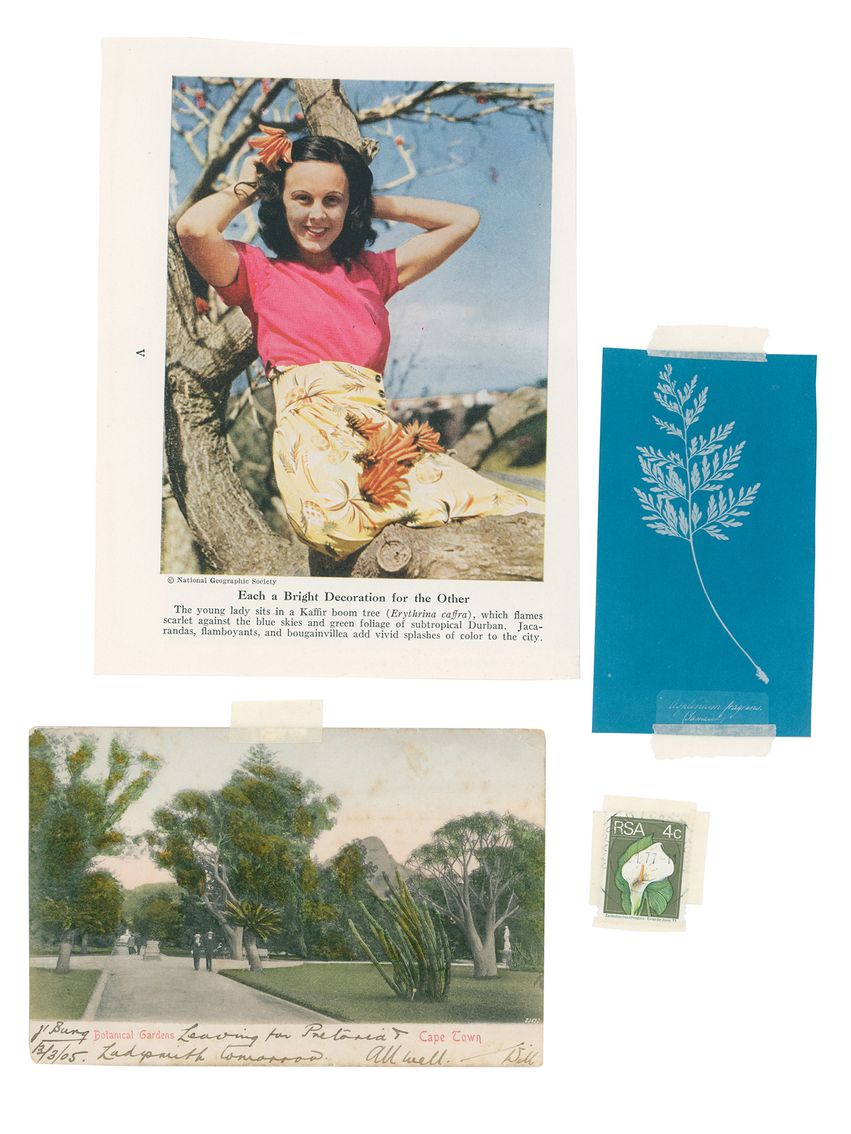
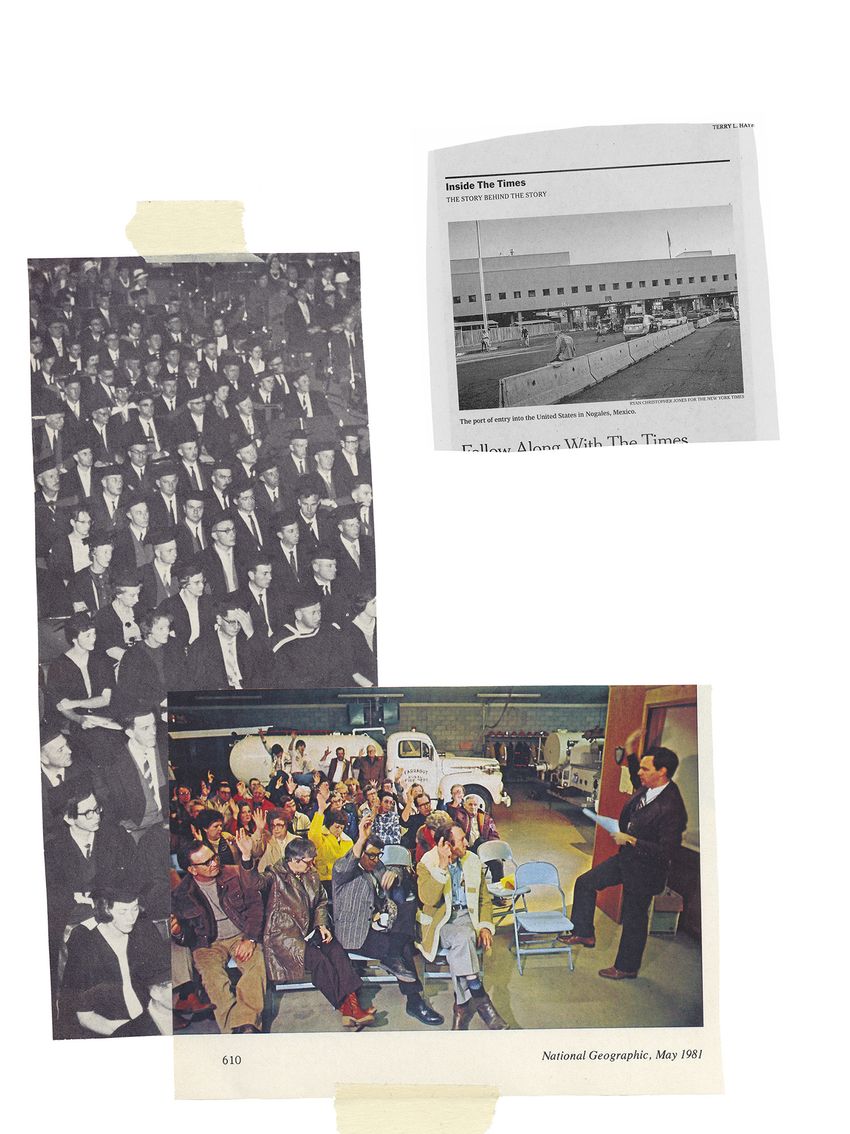
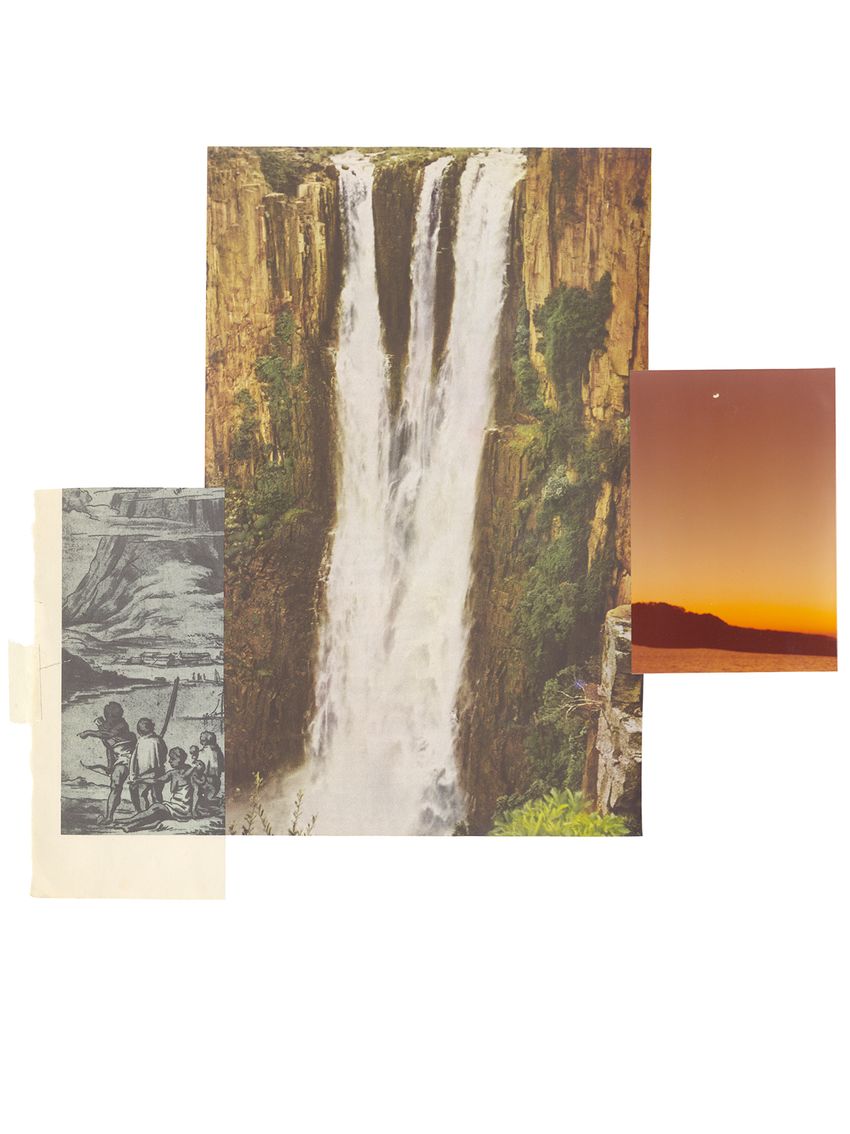
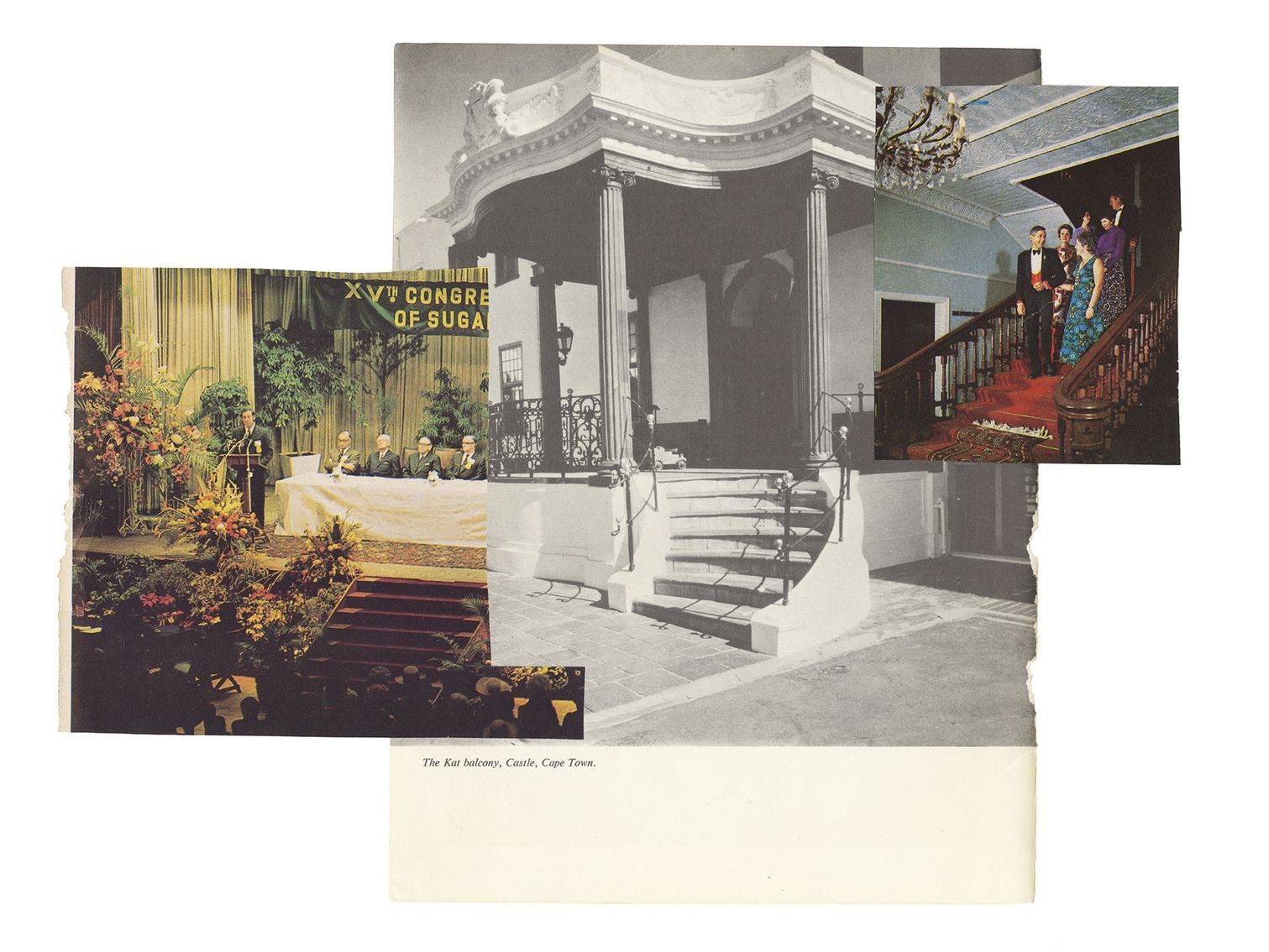
Exhibition Details
Named by the Portuguese in their Age of Discovery, The Cape of Good Hope in South Africa, was a pivotal location at the height of the British Empire due to its position at the mid-point along the Spice Route, and later as a base for flows of capital from East to West. The Cape is now an epicentre for anti-colonial resistance movements, and also the place of birth of artist Carla Liesching whose work brings together layers of documentary prose, personal essay, and found photographic material. Her sources range from apartheid-era trade journals, tourist pamphlets, and magazines, to contemporary newspapers and family albums, and aim to offer both an intimate and critical examination of White supremacist settler-colonialism in the present. A research that questions ethics and politics involved in the very acts of looking, discovering, codifying, and preserving.
About the Author
Carla Liesching (South Africa, 1985) is an interdisciplinary artist working across photography, writing, collage, sculpture, bookmaking and design. Grounded on experiences growing up in apartheid South Africa, she focuses on colonial histories and enduring constructions of race and geography. Her current project, Good Hope, has been exhibited in the US and Europe and was published as a book by Mack in November 2021. Liesching received the Light Work Grant in 2021, the Silver Eye Fellowship in 2022, and was nominated Foam Talent 2022. She currently lives between South Africa and New York, where she works as faculty at the International Center of Photography and coordinates the School of Criticism and Theory at Cornell University.
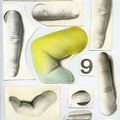 How To Raise A Hand →
How To Raise A Hand →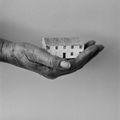 La Linea D'Acqua →
La Linea D'Acqua → Mythic Humanoids →
Mythic Humanoids → Neuromantic →
Neuromantic → Nothing Personal →
Nothing Personal →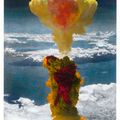 Nuke →
Nuke → The Merge →
The Merge →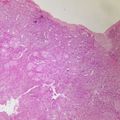 The Weight Of The Word →
The Weight Of The Word → Ukrzaliznytsia →
Ukrzaliznytsia → Umbai →
Umbai → Summer Glow →
Summer Glow → Collective Show →
Collective Show → Dummies & Books from FOLIO →
Dummies & Books from FOLIO → Asphodel Songs →
Asphodel Songs →